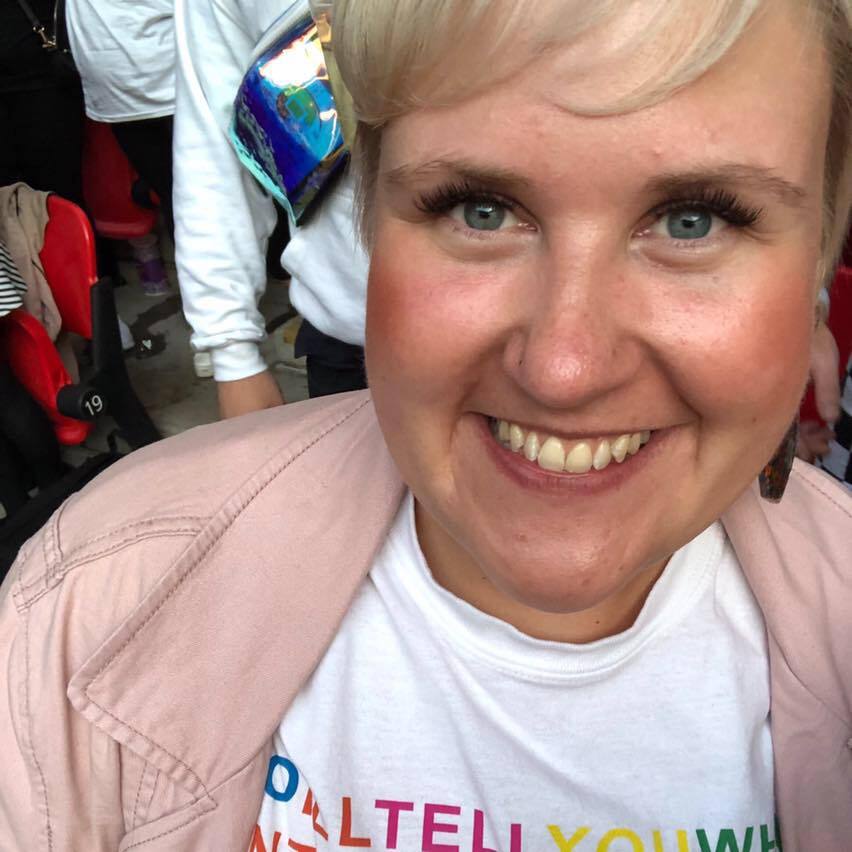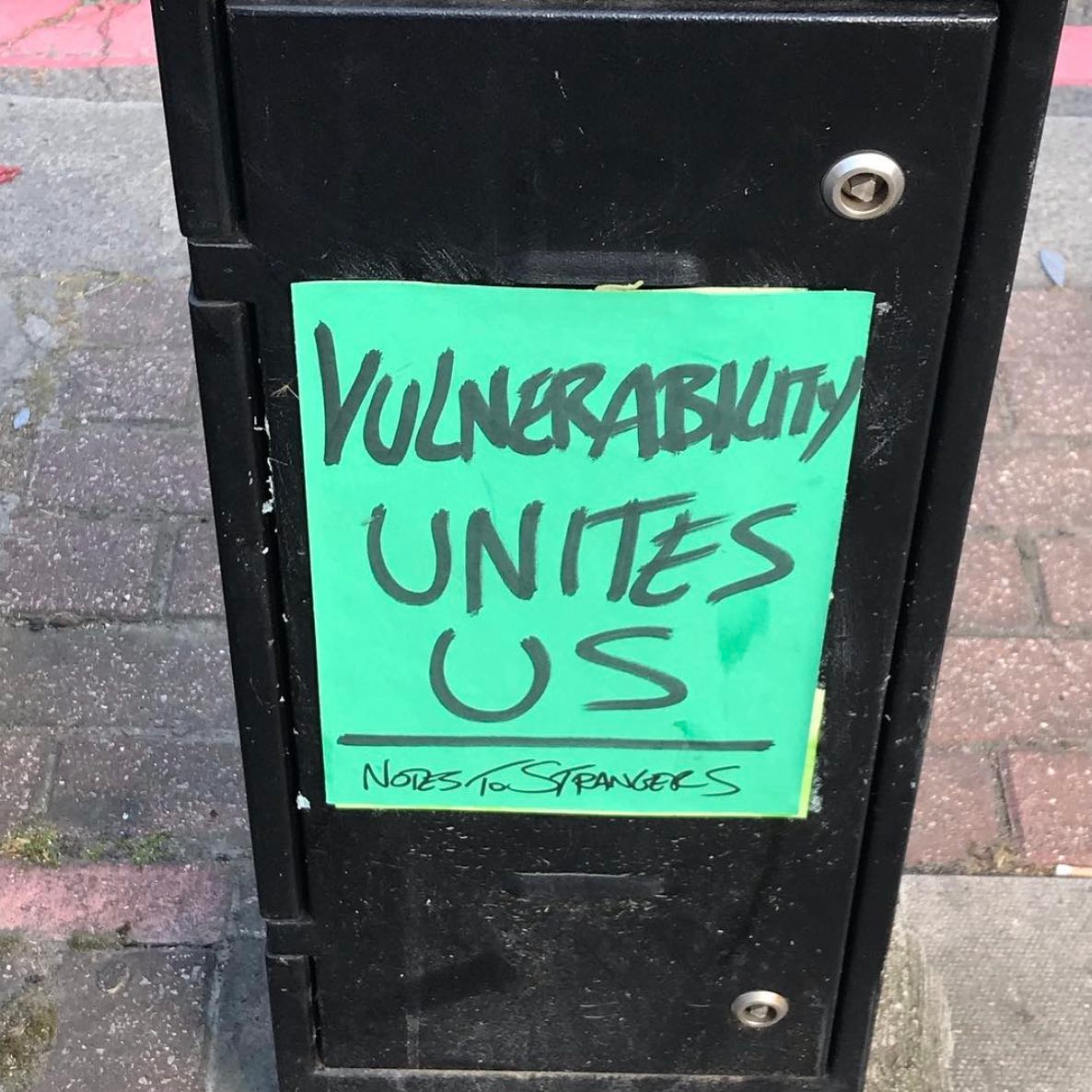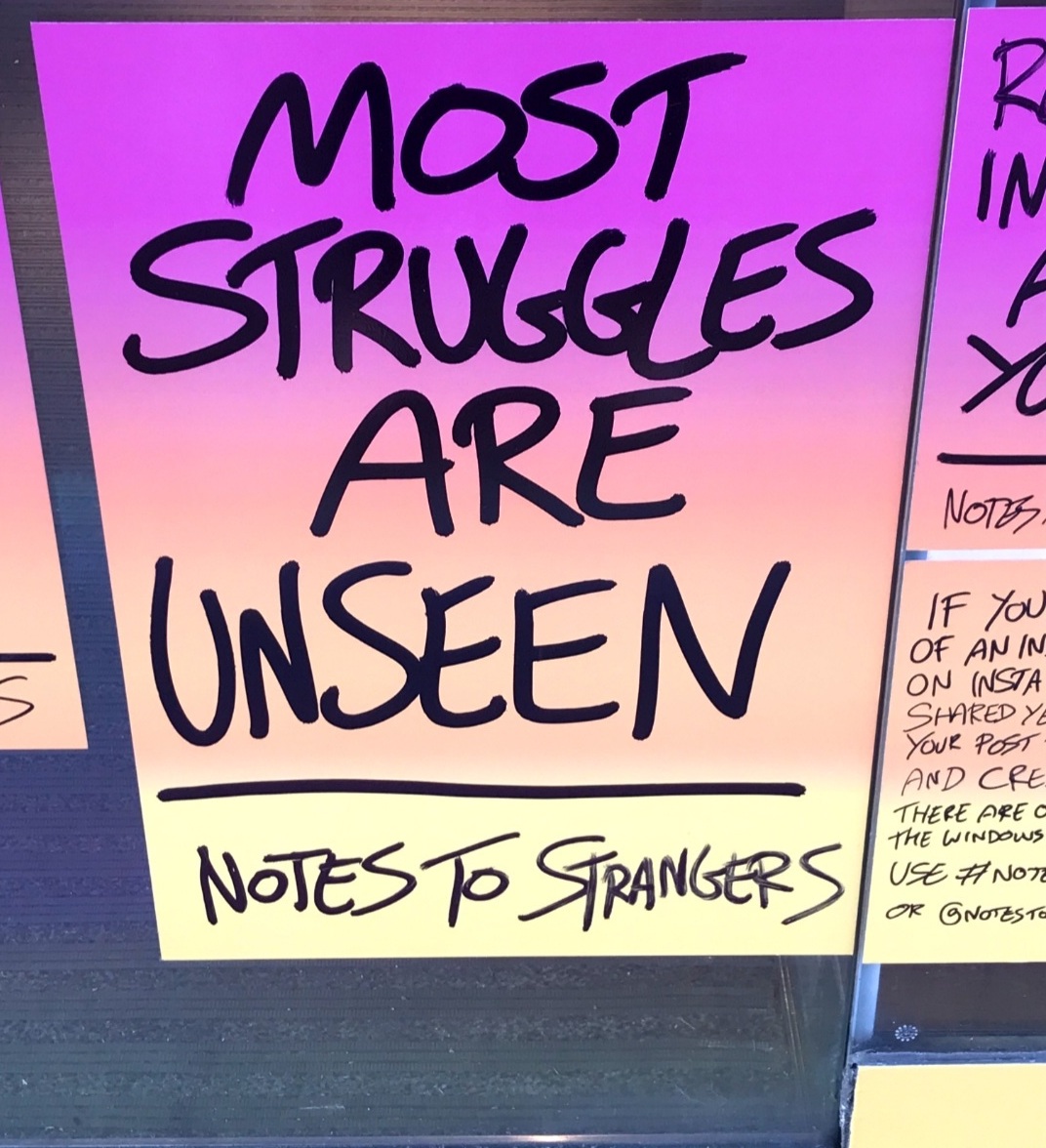Someone Like Me | World Mental Health Day at Elastic
We all want to work for a company where we fit in. That’s why Elastic built a Source Code that encourages all to come as they are. In the Someone Like Me blog series we highlight Elasticians who have a unique story — one, perhaps, just as unique as yours.
October 10 is World Mental Health Day, which was started to promote education, awareness, and advocacy against the stigma towards mental health issues. We spoke to Anna Ossowski, Senior Community Programs Associate, about her experiences sharing good mental health practices and some of her tips for staying healthy and nurturing good mental health.
Can you tell us a little bit about your role?
I work on the Community team. Part of my job is running community events in EMEA, which are virtual these days. I’ve been with Elastic for just over three years.

Including your duties with Elastic, you’re also an open source advocate. How’d you get involved with that?
I studied English and Catholic theology in university because I wanted to become a teacher, but quickly realized that I don't have the patience to teach. During my studies I had a boyfriend who was a Python developer. He got me hooked on technology and I ended up volunteering in the open source community. This led me to speaking at conferences, which is how I got involved with Elastic.
What drew you to working with mental health initiatives at Elastic?
Well, it’s a personal story, of course. I was having a pretty hard time when I first joined Elastic. I was going through a breakup and a major depressive episode. On top of that, I was trying to hide it because I didn’t want to show that part of myself to a company I’d just joined. Six months later and we were at an Engineering All Hands in Tahoe, and I was feeling really anxious and overwhelmed. I have some social anxiety and don’t do well in situations where there’s a lot of people. I broke down and cried during a team meeting. It was really embarrassing. Tyler Hannan (former Director of Product Marketing and Community) encouraged me to talk to the whole team. He also got our HR business partner involved and they offered me some employee assistance resources. It was really great to see that Elastic supported me.
Because of this experience I was able to share what I was going through with the team. There was such a positive reaction that I decided to start sharing my experiences with the wider tech community at community meetups and conferences. I started open spaces and our Birds of a Feather chats where people could speak openly about their mental health. It was just really comforting to know that I'm not the only person who struggles, and that when a person shares their experiences, other people are usually willing to share as well.
Do you still share with others at Elastic?
When I moved to London, I was able to take up therapy again through our insurance plan. This encouraged me to share my experiences in the London office and throughout the UK. I’ve told my very raw story, in which I talk about anxiety, depression, cutting myself, and getting help through medication and therapy.
There’s so much stigma around mental health issues, and it can make it really hard to open up. That can make you feel really alone, as though you’re the only person going through it. Having someone tell you that you just need therapy — as if you don’t already know that — well, it’s great to have someone, sometimes, just to listen to you.

What are some things that help balance things out when times are difficult?
Meditation helps. I have a free app called Insight Timer that has guided meditation, a timer, and allows you to track milestones. I wake up and do one minute of meditation every day. It really helps.
Also, I have a one line a day journal. Every night before I go to bed I make an effort to think of something positive that happened that day. I think that you have to train your mind to think positively — especially during these times. It's really hard.
Here are some other resources:
- Hope for the Day
- Anthologies of Hope Podcast
- Selfcare.tech Twitter
- Breaking Taboo Instagram
- Open-Source Happiness Packets
What would you say to people who feel they don’t have the time for self care?
Let me give you an example. I hate working out. But, I have huge back problems. So, I've made it a point to work out for two to five minutes a day. That's a chunk of time that I can get myself to actually do without hesitation. Getting into that habit makes a difference! I’ve read that it takes 21 days to build a habit. So for 21 days, every morning, do something for yourself that will improve your outlook. Meditate, journal, whatever it might be. Wake up, get your phone, get on Insight Timer and do it.
Are there any projects you’re particularly proud of?
I started my own thing — it’s kind of my COVID project — called virtual volunteers. So, every day on LinkedIn, Instagram, Facebook, I post random acts of kindness that you can do virtually or in your community. These include things like writing someone a nice LinkedIn recommendation, or leaving a $5 gas card at the gas pump, or painting some rocks with positive messages and spreading them around your community. It’s a great activity during these times when we need something creative to do.

What’s the significance of World Mental Health Day for you?
I've had a long journey of being scared to talk about my mental health issues. I think especially as a woman in tech there's always this fear: do I make myself unemployable by openly sharing that I am going through depression?
I think we've made a lot of progress in terms of talking about mental health — but there's still such a huge stigma around it. World Mental Health Day providing visibility for these issues means a lot to me, and everyone out there struggling.
Are you interested in joining a company with a source code to live by? We're hiring. Check out our open roles today!